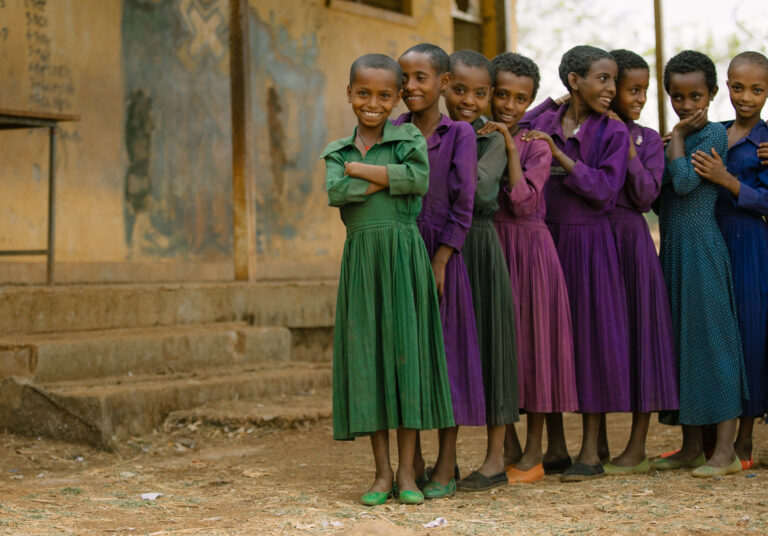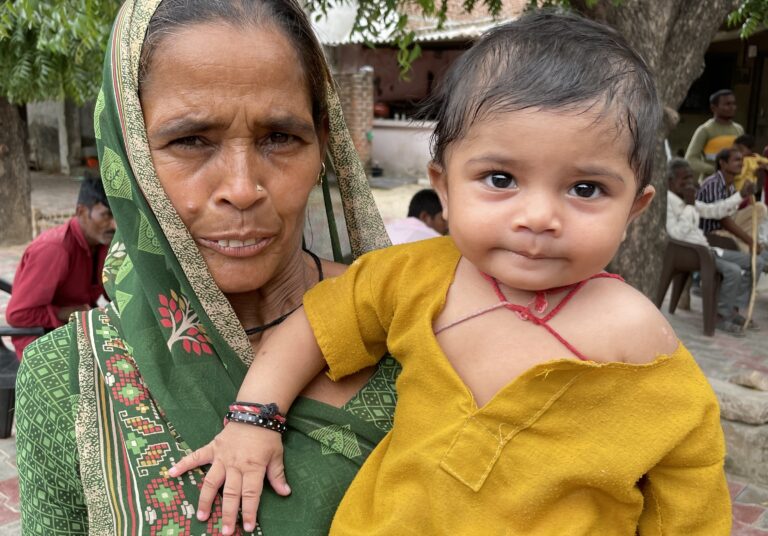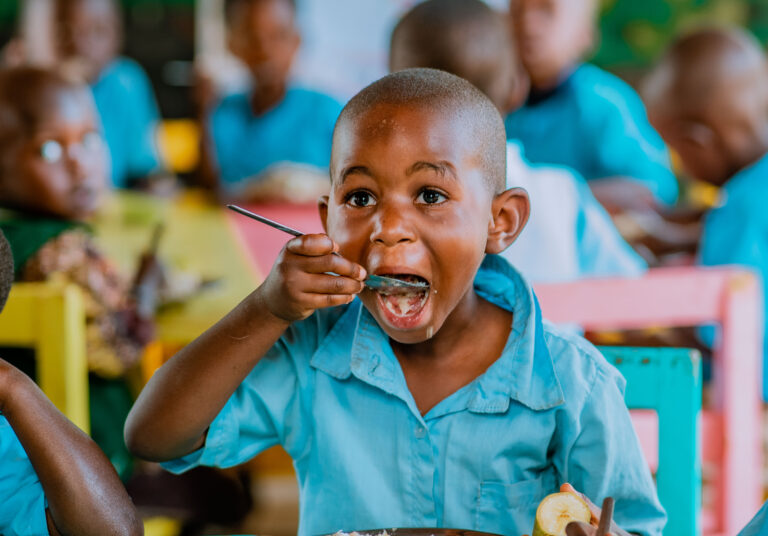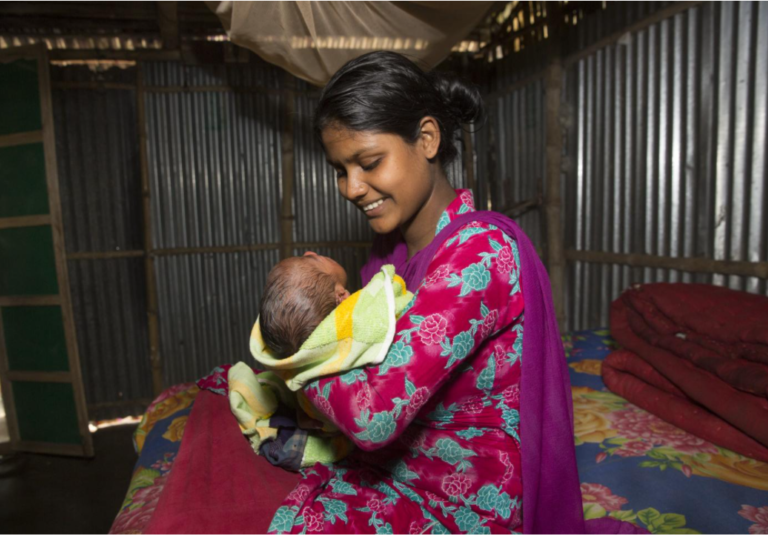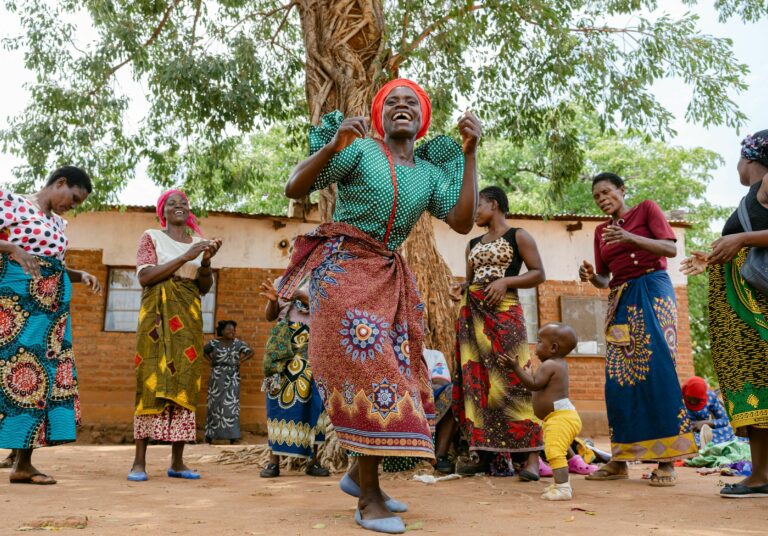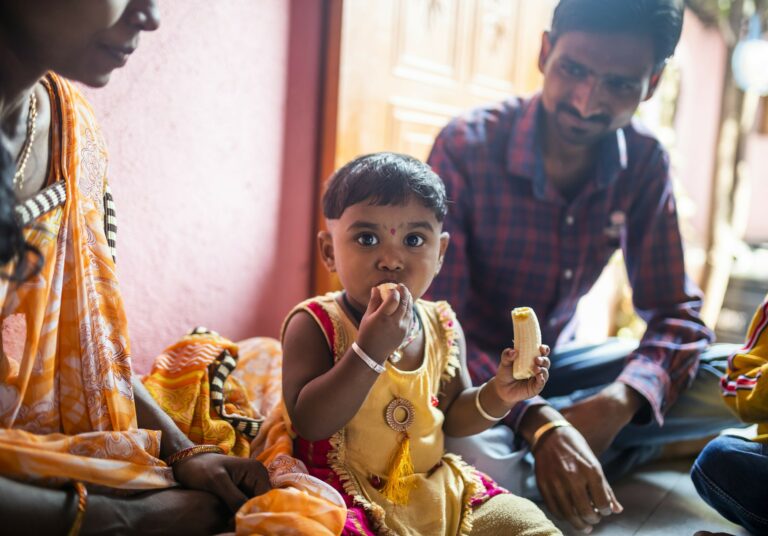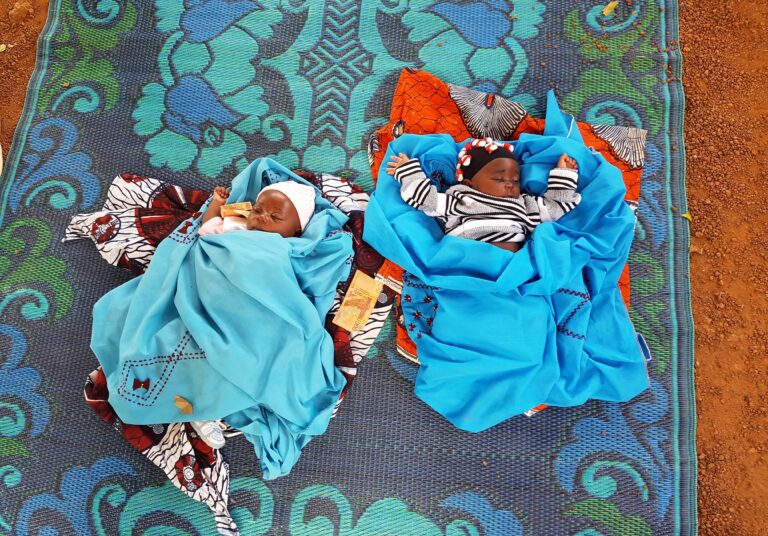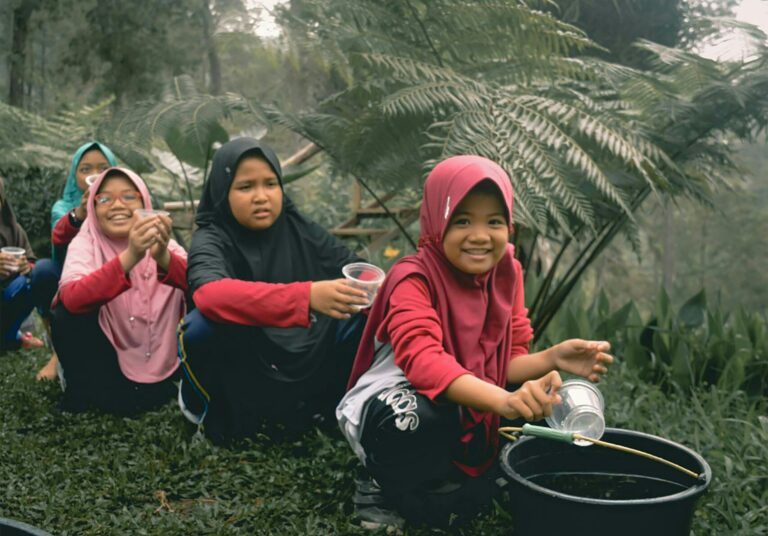Nourishing lives in Africa and Asia
We work with local communities, experienced implementing partners and governments to support national nutrition programmes that deliver at scale.
Our Impact
Our partnerships have improved health and nutrition for more than 157 million women, children and adolescents through 25 programmes across 16 countries.
89m
children reached
We've supported more than 89 million children through multisectoral interventions, such as emergency malnutrition treatment, vaccinations, nutritious meals and nurturing care at early childhood development centres, food fortification, supplementation and deworming.
42m
women supported
We've supported more than 42 million women through a range of multisectoral interventions, such as multiple micronutrient supplementation, improved antenatal and postnatal care, access to climate resilient seeds and unconditional cash transfers – all of which address the persistent gender nutrition gap that causes 10% more women to suffer from malnutrition than men.
870k
cases of stunting averted
Stunting can cause irreversible damage to children’s mental and physical development. It can also lead to 22% less earning potential. Tackling stunting therefore is key to supporting communities and societies to reach their full potential.
723k
cases of maternal anaemia averted
Anaemia not only leads to lethargy and low immunity, it can also increase the chances of low birth weight babies and early delivery – contributing to the intergenerational trap of malnutrition.
24k
under five deaths averted
Our programmes have had a significant impact - averting more than 24,000 deaths among young children.
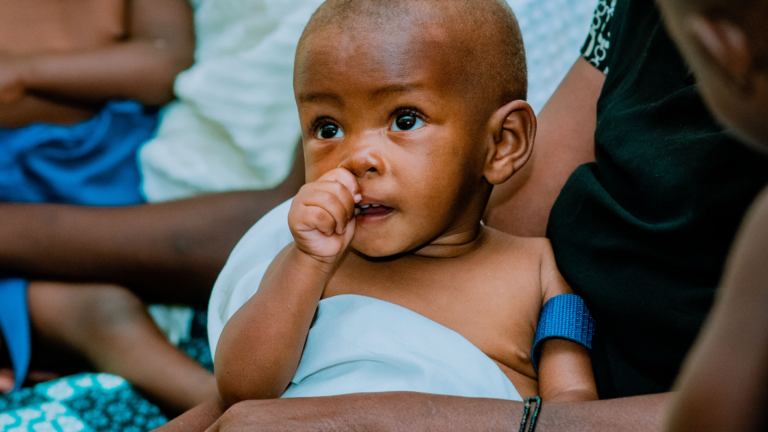
Tackling malnutrition requires a multisectoral approach
The most effective way to reduce the burden of global malnutrition is a multisectoral approach that aims to improve nutrition at all critical stages of life. Our programmes integrate nutrition services and solutions within broader health systems, choosing the most appropriate sectors to local contexts, including water, sanitation, and hygiene (WASH), food systems, social protection, education, climate and gender.
Nutrition
Nutrition interventions such as supplementation, promoting breastfeeding and lifesaving severe malnutrition treatment are at the heart of our programmes.
Health
We integrate with health systems to improve overall health and reduce under five mortality – interventions include strengthening antenatal and postnatal care, providing deworming, child health monitoring and urgent treatments.
Water, sanitation and hygiene
We ensure access to clean water and promote hygiene as it’s central to improving nutrition outcomes – dirty water or poor hygiene can lead to illnesses and disease, which perpetuates the vicious cycle of poor health and malnutrition.
Immunisation
Malnourished children are often also ‘zero-dose’ children, having not received any vital immunisations – we advocate for integrating the two for increased impact.
Early childhood development
Integrating early childhood development activities and nutrition creates a powerful synergy to ensure a child can reach their full potential.
Community mobilisation
Working at the community level ensures the success of a programme – this includes community mobilisation and social behavioural change interventions, empowering communities to lead on their own development.
Gender
Because of biology and cultural norms, malnutrition affects more women than men. Our programmes proactively support women and tackle gender inequality to change this.
Education
Education provides a platform to reach children at scale. Children cannot learn with empty stomachs, so we look to integrate the two sectors where possible.
Food systems and climate
Climate change is threatening global access to nutritious foods and on the flip side, food systems contribute a huge amount to climate change. To tackle both – we cannot consider them in isolation.
Social protection
Providing social protection, often through cash transfers, is an important intervention to empower local communities to tackle affordability - one of the key barriers to food and nutrition security.
Sexual and reproductive health rights
Nutrition is closely related to aspects of sexual and reproductive health; combining the two accelerates gender equality and helps tackle the intergenerational trap of malnutrition.
Partnerships in action
Read more about our partnerships and programmes, supporting mothers and children across Africa and Asia with better nutrition.
